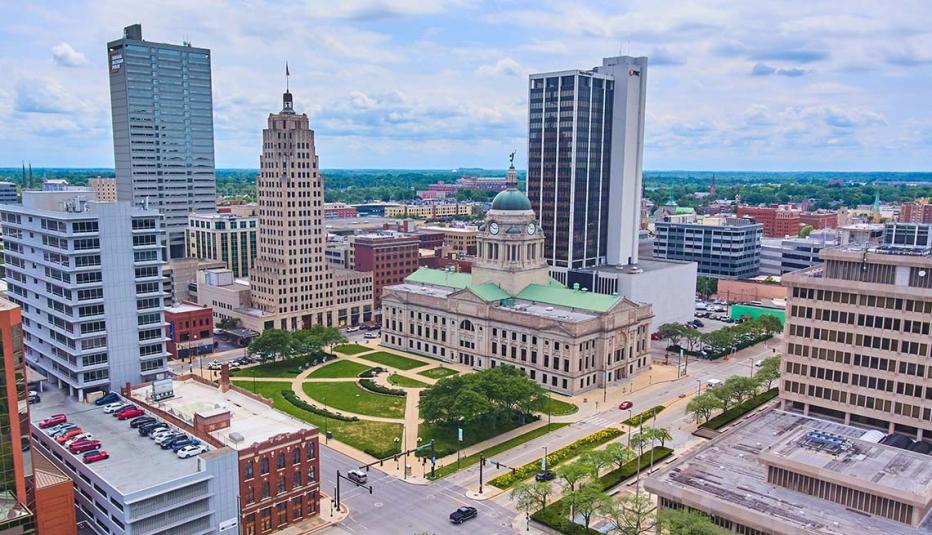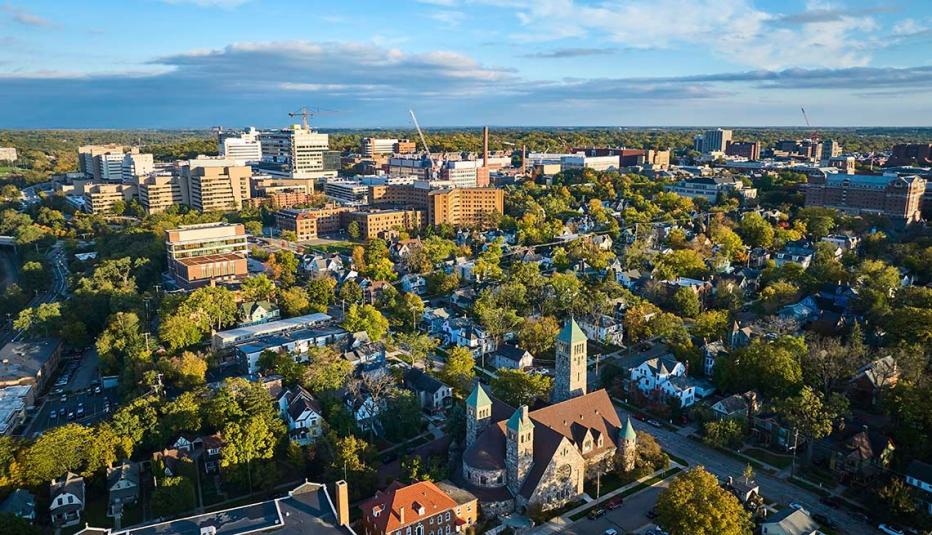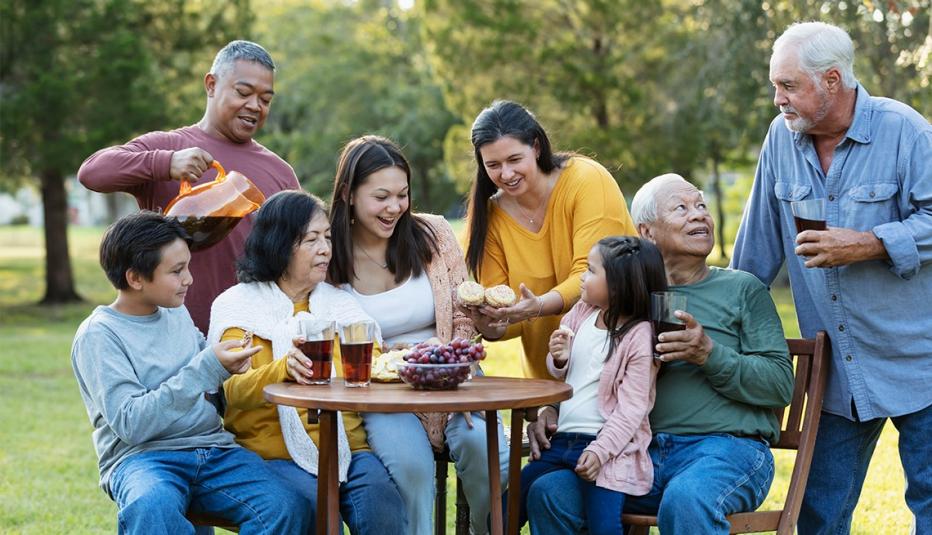AARP Hearing Center
Older residents of Fort Wayne, Indiana, generally believe their streets are safe, yet the majority see potential benefit in local efforts to make streets more accessible and secure, an AARP online survey has found.


The survey results come as Fort Wayne considers a Complete Streets Ordinance, which would ensure streets are designed for all users, regardless of age, ability, or mode of transportation. The AARP survey shows 78% of residents age 50-plus feel it is important for the city to adopt the ordinance. Those results and other data will be forwarded to Fort Wayne officials for use in educating the public and media on the issue.
How people get around
The survey reveals 90% of people age 50-plus say they feel safe on their streets. The vast majority of residents (90%) use their own cars some or all of the time in Fort Wayne. Still, 70% also use sidewalks and streets for walking, and 32% use them for biking. Among those who walk or bike, 44% say they feel very safe and 46% feel somewhat safe. Another 10% do not feel safe and one-third (32%) have experienced personal safety issues on the road.
When asked about local initiatives that promote safe and more accessible streets — such as reducing the number of lanes for cars and adding bike lanes, sidewalks, landscaping, and speed bumps — 71% of all older residents polled were likely to be supportive. Walkers and bikers were more inclined to like those safety ideas (81%), compared to 43% of those who do not walk or bike often. Yet even among the approximately 25% of the 50-plus residents who do not walk or bike with any degree of frequency, many still see value in the improvements and would back the ordinance.
The need to know the benefits of Complete Streets
As for efforts to broaden support for Complete Streets, the survey suggests a need to educate the public on the approach’s benefits and advantages. Education could focus on such benefits as the opportunity for a cleaner environment, the personal health benefits of exercise, and the potential for greater foot traffic for small businesses in their community.
Methodology
AARP surveyed 251 adults ages 50 and older online between April 12, 2025 and May 2, 2025. The data were representative of the US population on age and gender; however, due to the small base size, it was not weighted by AARP membership, ethnicity, or income.
For more information, please contact Joanne Binette at jbinette@aarp.org. For media inquiries, contact External Relations at media@aarp.org.





































































